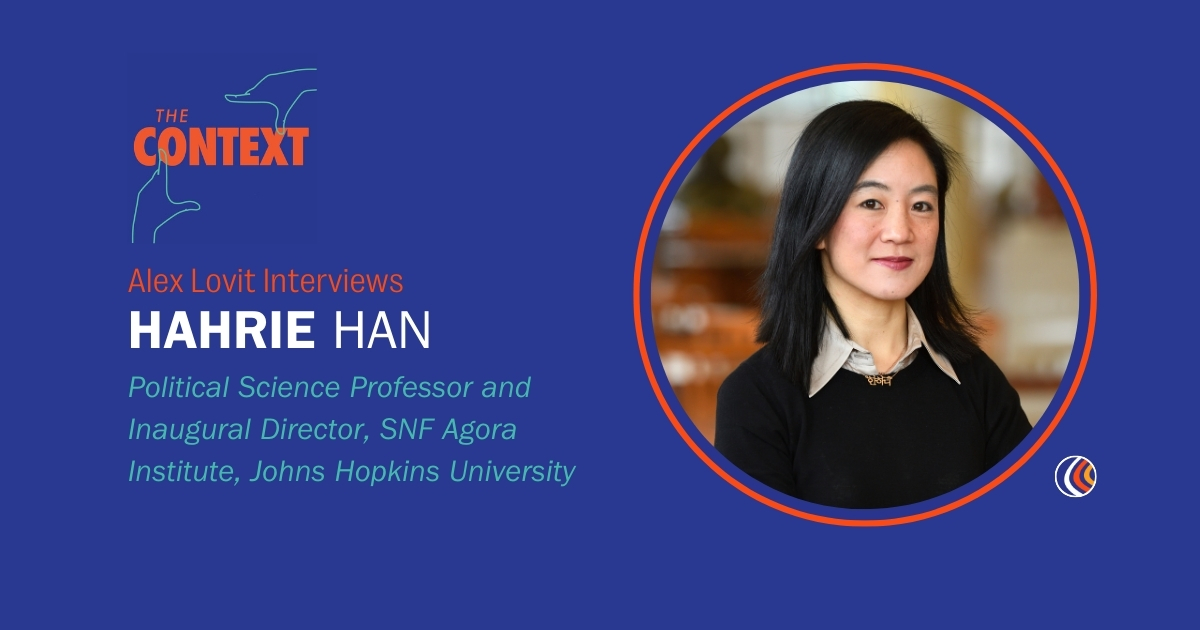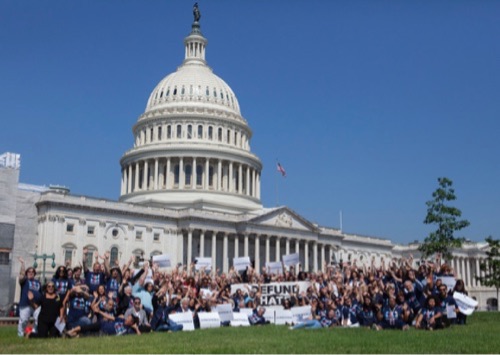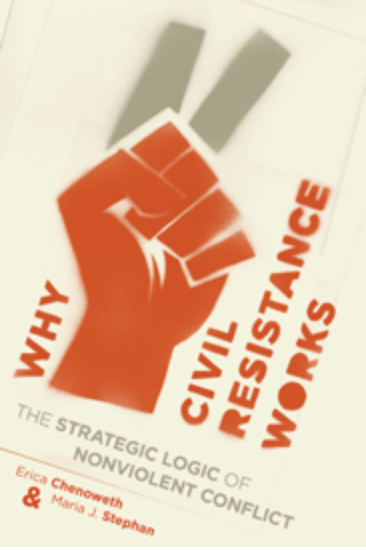Every brunch is a social capital brunch

Due to powers beyond my control, I have been very abruptly given unexpected responsibilities that take up a large portion of my time. This makes it so that – like everyone, with everything, these days – I am forced to re-evaluate what this newsletter will look like. I am grateful for your readership, and your patience, as I navigate these treacherous currents.
But let me be equally clear that the core of what I'm doing remains unchanged. My plan – even now almost finished with its first stage – is to provide the research, the arguments, the data, and the vision that will allow us to fundamentally rethink, and reshape, American politics. And with it, America. Because that is what the other side is doing, now. And because nothing less is needed.
But that doesn't mean it can't be fun! Or that it can't include –
Brunch
A ... few weeks, months, or possibly years ago, I was graciously invited to a friend's home for a nominally new experience: a social capital brunch. Social capital is sufficiently rich for there to be constant disagreement over what it actually means, but whether you tend towards Burt's selfish end of the spectrum (social capital is your ability to get other people to satisfy your own needs) or Putnam's far more collective one (social capital is the mutual trust that allows people to work towards shared goals), there is broad agreement on two major points: 1) it's good, and 2) in the US, it's in shambles.
In a way, all brunches (and in fact all invitations) are implicitly social capital themed, but this was the first one where the goal was quite so clear. A collection of scholars, organizers, administrators, filmmakers, and policy planners filled their plates with lox and bagels, and started talking about what we might be able to do – about social capital.
Here are a few of the points that were emphasized most:
Belonging comes before belief
Whether the belief is in God, Democrats, or Democrats secretly being child-eating satanists, we often get the pattern backwards. It's not, "convince someone of something and then they'll join us," – it's, "get somebody to do something with us, and then they'll be convinced." This is backed up by lots of research, but is a major theme of the most recent book from Johns Hopkins professor Hahrie Han.

Quick wins are important
If somebody tries something out, and it sucks, they're not very likely to keep going – so make sure there's a good experience early. In particular, experiences with agency can be valuable, because they demonstrate that there's a role and a reason for the person to be there. They make a difference! And these successes can be objectively small, while still being effective. As an organizer, I can't emphasize enough how fulfilling it can be to have a single good recruiting phone call with a potential volunteer. You asked, they came through – you both feel great about it. But if that's not possible, the underlying phenomenon is just making sure a person feels there's a reason for them to come back.
Small groups are key
As I learned in Robert Putnam's follow up to Bowling Alone, Better Together, early megachurch Saddleback knows that "mega" has risks. (If you vaguely recall the name but can't remember why, its founder Rick Warren gave the prayer at Obama's first inauguration.) Rather than having a huge and impersonal congregation of thousands, Saddleback is composed of Small Groups – which I capitalize, because they do. The size, structure, or purpose of these groups is explicitly up to you, and your preferences – they just want to make sure everybody is in one, and have extensive infrastructure dedicated to supporting and promoting them. The ultimate goal of course, and explicitly, is to pursue the teachings of the church – but they understand that to get people stay the course, they need a tight and personal community.
Of course this is true in general, not just for churches, but it strikes me only now that when we were doing organizing in Pennsylvania, some attention was paid to people having fun, with music and enthusiasm and snacks. But none was paid to getting them to create relationships among themselves. And you know what – snacks and music just aren't enough of a reason for me to go to an event. Only friends can reliably do that.
Logistics are crucial, complex, and chronically overlooked
A professional organizer at the brunch talked about a binder full of instructions for planning events; the scheduling, the spaces, the food, the activities, and all different for different occasions and purposes. And once again I realized that, despite the incredible simplicity and importance of such a thing, we never had anything like it in the field, during the election. How to run a canvass, how to knock on a door, how to run a phonebank, how to take part in a phonebank ... all entrusted to verbal trainings, and terrible, insufficient documentation.
In summary, you really should – but you only will if you want to
Whether you want to improve your own health or the country's, you can't do it alone. But finding a group, leaving the house, going regularly, doing the things they plan, and not getting tired of the whole thing is hard! Especially when Netflix is so easy. And I say this not out of a pure desire to be caustic, but because one of Putnam's most emphasized and least repeated findings is that 3 hours a day of television has caused as much of the decline in American social capital as any other force.
So if you're having trouble finding a group to belong to, well first of all here's a directory of all the local Indivisible chapters,

but above all, I think it's important to start with a goal. A Plan, of your own. What are you actually trying to accomplish? What do you want to contribute to? And it's probably not, "build social capital, just for its own sake." As critical as it is, as extensive and compelling as the research is, I think this is often missed when talking about its crisis.
I expect that for many of my readers, that goal at least includes the reformation and reconstruction of the United States. Then hold that goal tightly in mind – and it will light the way. Yes somebody else inviting you would be great, but as the person who's reading this, the person with the most agency over your own next action, I saw: start with your own vision for the future. And see where it leads you. I promise it will be towards other people.
And also, probably brunch.





